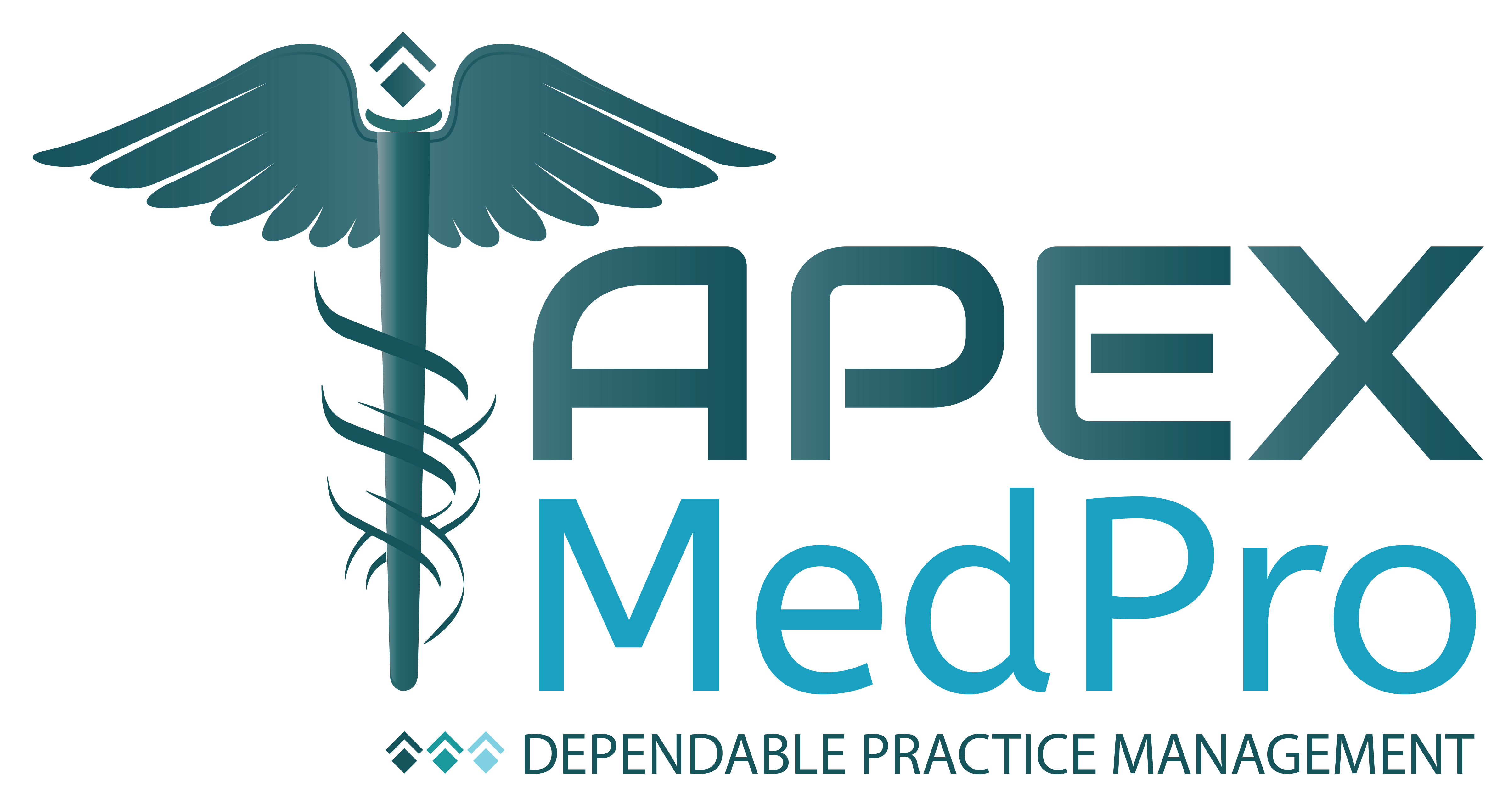Introduction:
In the complex world of medical billing, effective communication with payers is crucial to ensure timely reimbursement and a smooth revenue cycle. Payers, such as insurance companies or government programs, play a vital role in processing claims and determining reimbursements. This blog will provide you with valuable tips to enhance your communication with payers, leading to improved billing outcomes and reduced claim denials.
we offer medical billing services in very cheap price.
- Understand Payer Policies:
Each payer has its own set of rules, guidelines, and policies that govern the claims submission and reimbursement process. It’s crucial to familiarize yourself with these policies to ensure compliance and increase the chances of claim acceptance. Stay updated with the latest changes in payer policies, such as coding updates, documentation requirements, and prior authorization procedures.
- Maintain Accurate Documentation:
Accurate and detailed documentation is the foundation of effective communication with payers. Ensure that all medical records, coding, and billing information are comprehensive, precise, and align with the services rendered. Clear documentation helps in justifying medical necessity, reducing claim denials, and providing a strong basis for appeal, if required.
- Verify Patient Coverage and Eligibility:
Before providing services, it’s essential to verify the patient’s insurance coverage and eligibility. This step helps you identify any potential issues or limitations in advance, such as pre-existing conditions, coverage exclusions, or requirements for prior authorizations. Timely verification saves you from claim denials and provides a smoother billing experience.
- Establish Open Lines of Communication:
Developing strong lines of communication with payer representatives can significantly benefit your medical billing process. Establish a point of contact within each payer’s organization to address any questions or concerns promptly. Maintain a professional and respectful approach during your interactions, fostering a positive relationship with payer representatives.
- Follow-up on Claims Regularly:
To ensure timely reimbursements, it’s crucial to follow up on submitted claims regularly. Monitor the progress of claims through the payer’s online portals or electronic remittance advice (ERA) systems. If there are any delays or issues, proactively reach out to the payer for clarification, resolve discrepancies, and expedite the reimbursement process.
- Be Persistent in Claim Appeals:
Claim denials are a common occurrence in medical billing. When faced with a denial, be proactive in identifying the root cause and appeal the decision if appropriate. Gather all relevant documentation, provide clear justifications, and meet the appeal deadlines. Persistence and thoroughness in the appeals process can help overturn claim denials and secure rightful reimbursements.
- Stay Informed About Industry Changes:
The healthcare industry is constantly evolving, and payer policies are subject to change. Stay informed about industry updates, such as new coding guidelines, reimbursement changes, or billing regulations. Attend seminars, webinars, or conferences related to medical billing to stay up to date with the latest trends and best practices.
- Utilize Technology Solutions:
Leverage technology solutions, such as practice management systems, electronic health records (EHRs), or billing software, to streamline your communication with payers. These tools can automate claims submissions, track reimbursements, and provide real-time updates on claim statuses. Implementing technology solutions saves time, reduces errors, and enhances efficiency in your billing process.
- Educate Staff on Payer Relations:
Effective communication with payers is a collective effort. Educate your staff on payer policies, procedures, and best practices for communication. Train them to understand the importance of accurate documentation, eligibility verification, and following up on claims. Encourage open dialogue and collaboration within your team to address any payer-related challenges effectively.
- Monitor Key Performance Indicators (KPIs):
Establish and monitor key performance indicators (KPIs) to measure your communication effectiveness with payers. Track metrics such as claim acceptance rates, average payment turnaround time, and denial rates. Regularly evaluate these metrics to identify areas for improvement and implement strategies to enhance your overall billing process.
Conclusion:
Effective communication with payers is critical for successful medical billing. By understanding payer policies, maintaining accurate documentation, establishing open lines of communication, and staying proactive in claims management, you can optimize reimbursement rates and minimize claim denials. Embracing technology solutions, staying informed about industry changes, and educating your staff further strengthen your payer relations. Implement these tips to enhance your communication with payers, streamline your billing process, and ensure a healthy revenue cycle.

